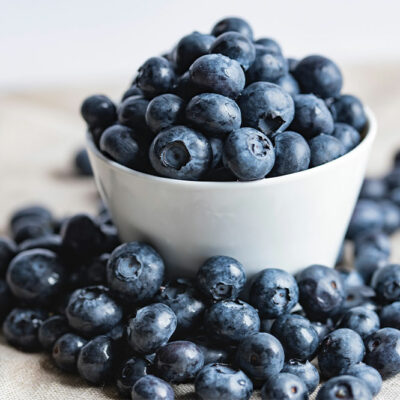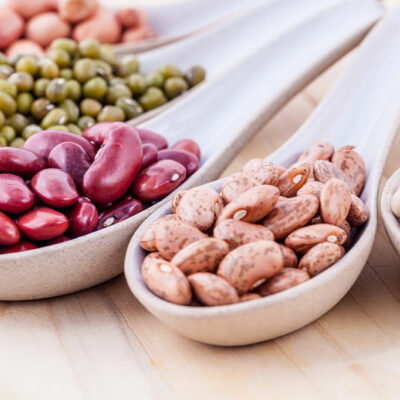
health
11 Superfoods That Help Manage Kidney Disease
The kidneys play a key role in the body by filtering waste and excess fluid from the blood. Additionally, they control the production of red blood cells, make vitamins that control growth, and release hormones that regulate blood pressure. These vital functions can be affected by conditions like kidney cysts, stones, chronic kidney disease, and acute kidney injury. Although food cannot cure these conditions, certain superfoods can help manage kidney disease better. Top superfoods Food restrictions may vary, but people with kidney disease are often asked to limit their intake of sodium, potassium, and phosphorus. Damaged kidneys cannot effectively filter sodium, causing a spike in sodium levels. Experts recommend limiting its intake to less than 2,000 mg per day. Similarly, there is a risk of high potassium levels in the blood when dealing with kidney issues. Experts recommend restricting potassium intake to 2,000 mg per day. Further, impaired functioning of the kidneys may also impede phosphorus filtration in the kidneys. Elevated levels of phosphorus can damage other organs, too, so one should limit their intake to less than 800–1,000 mg per day. Here are a few superfoods low in sodium, potassium, and phosphorus one can add to their meals when dealing with kidney disease:




















